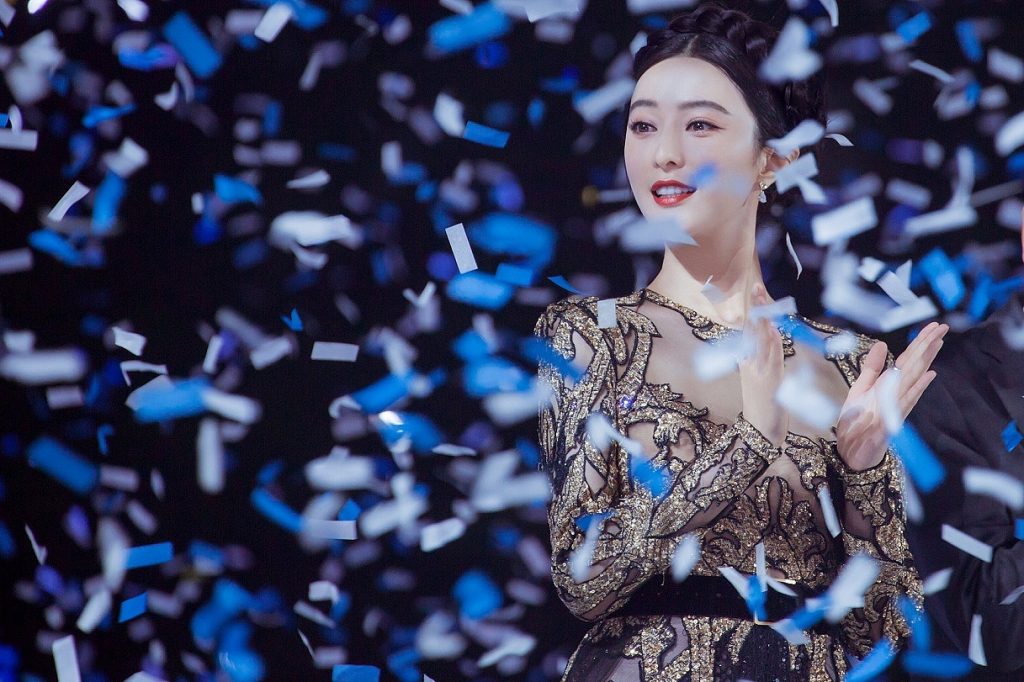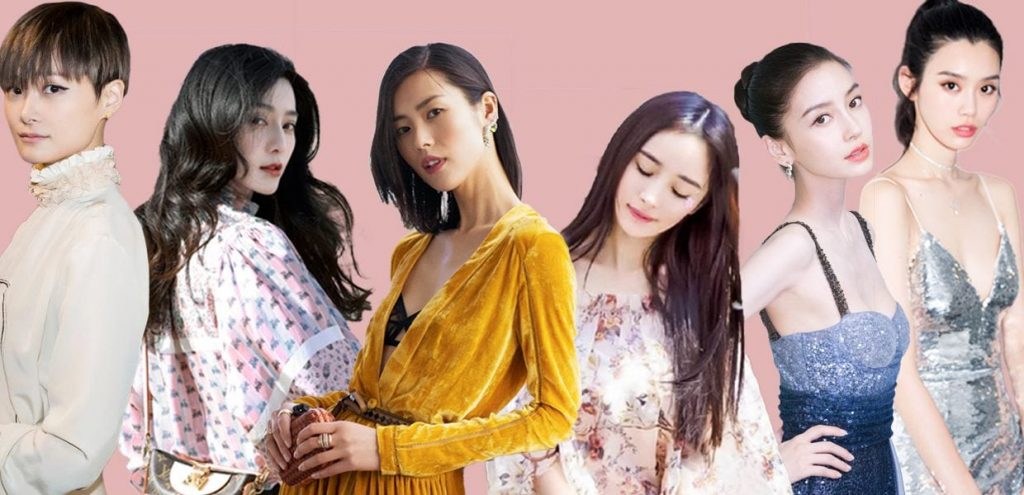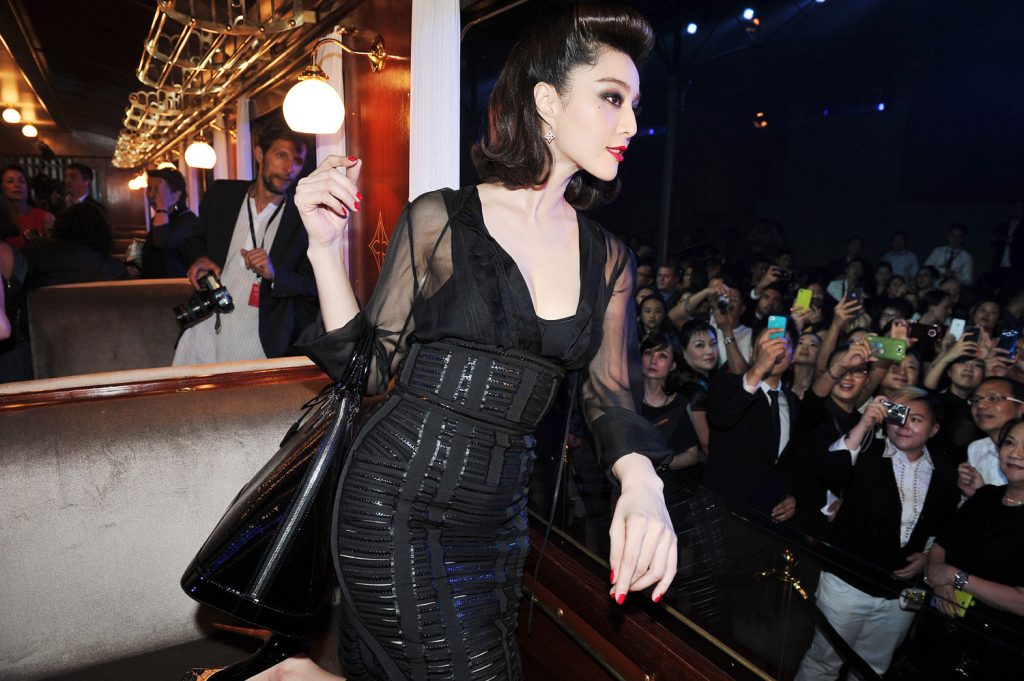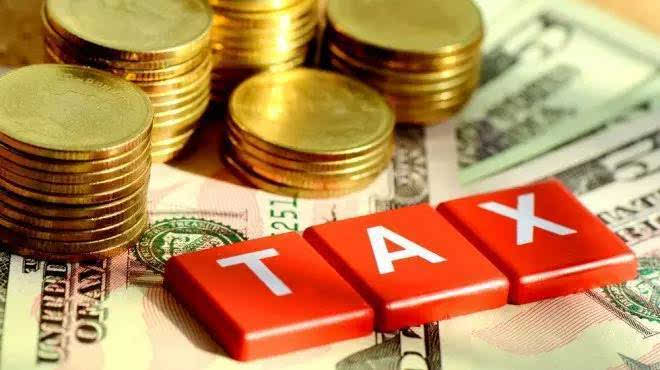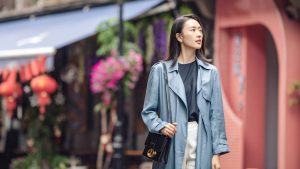In recent weeks, China’s celebrity circle has come under close scrutiny from the Chinese government following the tax-evasion scandal of actress Fan Bingbing. While Fan, the country’s top-paid celebrity according to Forbes magazine, has all but vanished from the public eye since she was accused of underreporting millions in income, a series of government regulations and tax reform proposals inspired by the scandal have been released in succession. The aim is to crack down on the current ultra-high pay earned by the country’s celebrities.
And at a time when fashion houses and other global luxury brands fervently tap into the influence of Chinese celebrities, often employing them as brand ambassadors or social media spokespeople to sell to consumers, this ongoing movement is likely to have a substantial implication on the brand-celebrity relationship. Some experts predict China’s superstars will opt for a lower profile to avoid government scrutiny.
No More Massive Paychecks
Based on regulations that have been announced so far, Chinese celebrities will see an immense reduction in their entertainment industry paychecks.
Right after the report of Fan’s scandal in June, China’s media regulators rolled out a new rule stipulating that a movie cast’s combined salary should not exceed 40 percent of the film’s budget and that individual actors cannot take home more than 70 percent of the total cast pay.
On August 10, a slew of players in the entertainment industry from major video-streaming sites iQiyi, Youku and Tencent Video, TV production firms Ciwen Media and Huace Media and top production studios Huayi Brothers Media, Bona Film Group, and Jackie Chan’s Talent International Le Vision, all publicly pledged that they would strictly follow the government’s guidance.
Meanwhile, several Chinese media outlets have reported that a more thorough income taxation reform for celebrities has started: from August 1, the new income tax rate will rise to 42 percent from previous rates ranging from 6.7 percent to 10 percent. It is also said that preferential tax policies for celebrities will be eliminated at the local government level.
An Overhaul of Brand-Celebrity Relationships
Experts believe the government’s attempt to regulate celebrity incomes is likely to change the luxury landscape.
“In the short term, the talent pool may shrink as local celebrities digest the impact of this financial change to them, and certain campaigns that are currently under negotiation may get postponed,” said Jonathan Schenker, CEO of the Shanghai-based celebrity talent management firm Bookmark Entertainment. “Overall costs [of working with celebrities] may go up.” However, luxury brands will continue to collaborate with Chinese celebrities given their influence and importance to the end consumer, Schenker said.
One Chinese brand-celebrity marketing expert, who agreed to comment on the condition of anonymity, holds a much more pessimistic view: “Perhaps the honeymoon period is close to the end between brands and celebrities, because the government’s attitude is crystal clear.” The expert added, “The relationship will continue, but it is the time for brands to alter their expectations on celebrity endorsements.”
The expert explained the current fundamentals are based on the tremendous online buzz that celebrities could help generate for brands, which “is a key metric that the China team needs to show to their foreign headquarters.” Nevertheless, the government’s policy will likely see celebrities becoming more low-key, which can lead brands to look to other cheaper alternatives.
Bookmark’s Schenker predicted it would be a process of “survival of the fittest.” In the long run, the bigger talents — those who are in constant demand — can likely increase their fees and choose fewer endorsements; they may also pursue additional commercial opportunities outside of China, which may be taxed differently.
Managing the relationship with Chinese celebrities has proved to be tricky for many international luxury brands, as evidenced by recent pitfalls experienced by Lancôme and Montblanc. Chinese consumers boycott the French cosmetics brand in 2016 due to its collaboration with anti-China Hong Kong singer Denise Ho. The German luxury label Montblanc was also harshly criticized when its Chinese brand ambassador Lin Dan was caught in an extramarital affair in 2016.
The government’s ongoing crackdown attacks China’s celebrity fever and is likely to be the start of a rewrite of the rules for brand-celebrity relationships.
–This article originally appeared on Jing Daily.


